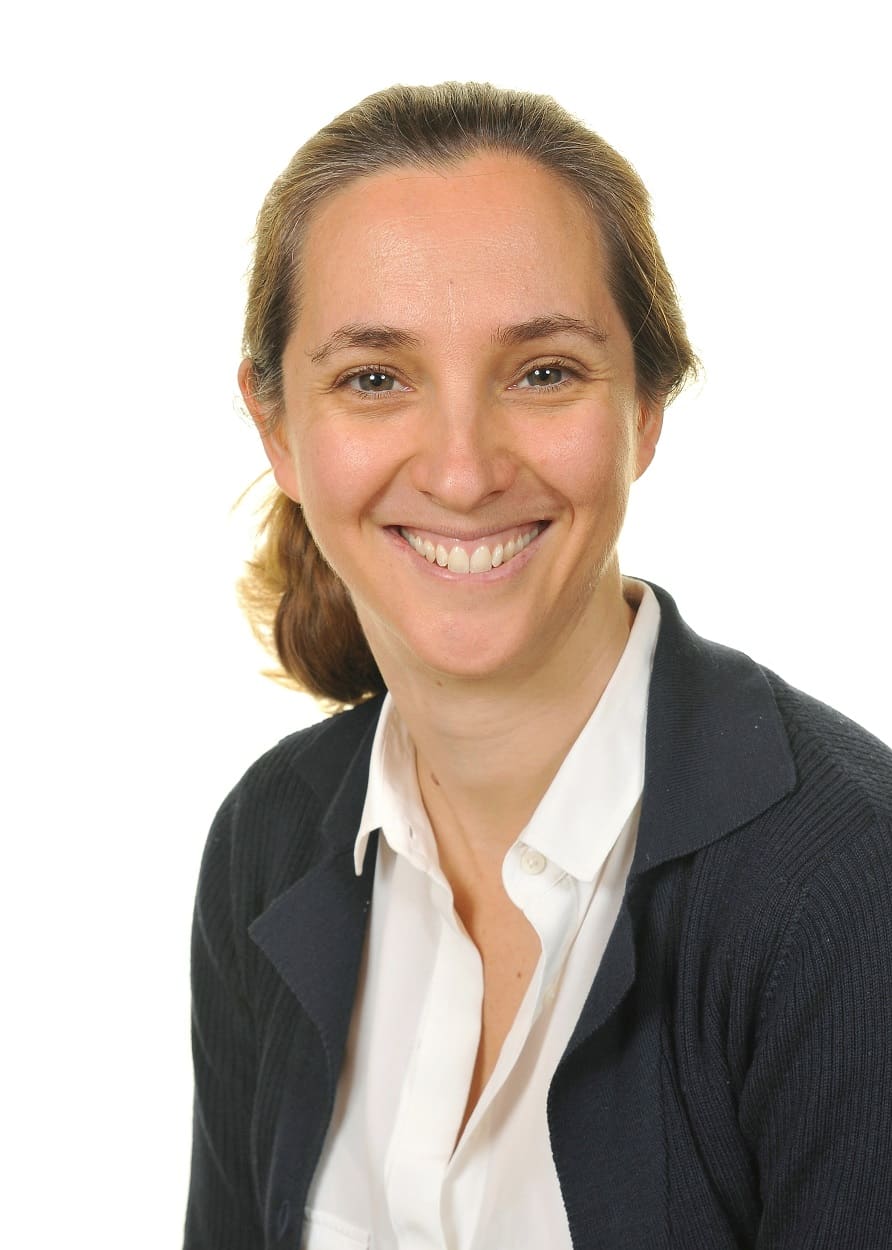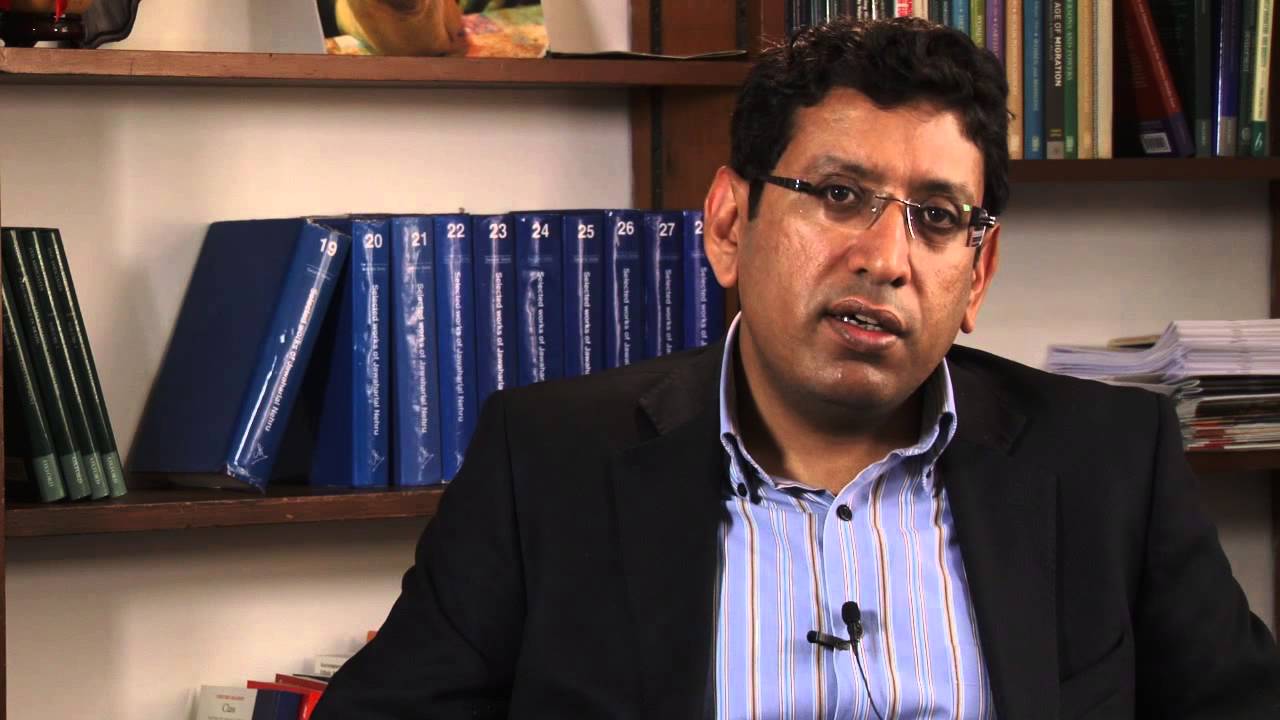Studying economics jointly with other subjects can be very beneficial. The subjects have numerous overlapping areas. Studying the same or similar issues from different perspectives helps to form a deeper and more complete understanding of these issues. It also helps to develop a flexible and eclectic mind.
The economics courses are the same for each degree programme. All degrees are structured in such a way that in the second and third year there is considerable scope for students to decide how much they want to specialise in Economics.
Within Economics, students can choose from a fairly broad portfolio of options, from more technical ones such as Game Theory, Econometrics or Microeconomic Analysis, to more applied courses such as Public Economics, Economics of Industry, Money and Banking, Economics of Developing Countries, Environmental Economics and Climate Change, Behavioural and Experimental Economics, Labour Economics, to name just a few.
Learn more about Economics and Management
Learn more about Philosophy, Politics and Economics
Learn more about History and Economics
The course at St Peter's
St Peter’s offers all three main degrees involving economics: Economics and Management, PPE, and History and Economics, taking around 15 students each year. We are also open to applications to study economics for one academic year as a visiting student (further information on the visiting student programme can be found here).
During the first (and most) of the second year, students can expect to be taught mostly in college by the college tutors. Upon choosing their optional courses, students may be taught by an external tutor which will be a specialist in the topics covered by the course.
Economics teaching consists of a combination of lectures (organised by the Department), tutorials (usually in groups of 3 students) and for the quantitative courses, classes (usually not more than 6 students). For both tutorials and classes students are given reading material in advance and are asked to write an essay and/or prepare solutions to a problem set. In tutorials and classes, students receive detailed feedback on their work and discuss and debate in further detail the most interesting and/or challenging parts of that week’s material with the tutor and other students. Students are also able to ask questions that may have arisen from the reading.
The combination of independent work and continuous feedback is the key advantage of tutorial teaching at Oxford. The objective of the tutorial is to learn through a constructive scholarly exchange. Tutorials are not adversarial nor an exam. Both Economics tutors and fellow students at St Peter’s are supportive, friendly, and willing to engage with each other’s questions and ideas.
The college Library has a very good Economics collection, including all the main textbooks, access to all the main Economics journal, and generally provides easy access to most items you are likely to require for your weekly work over the years.



